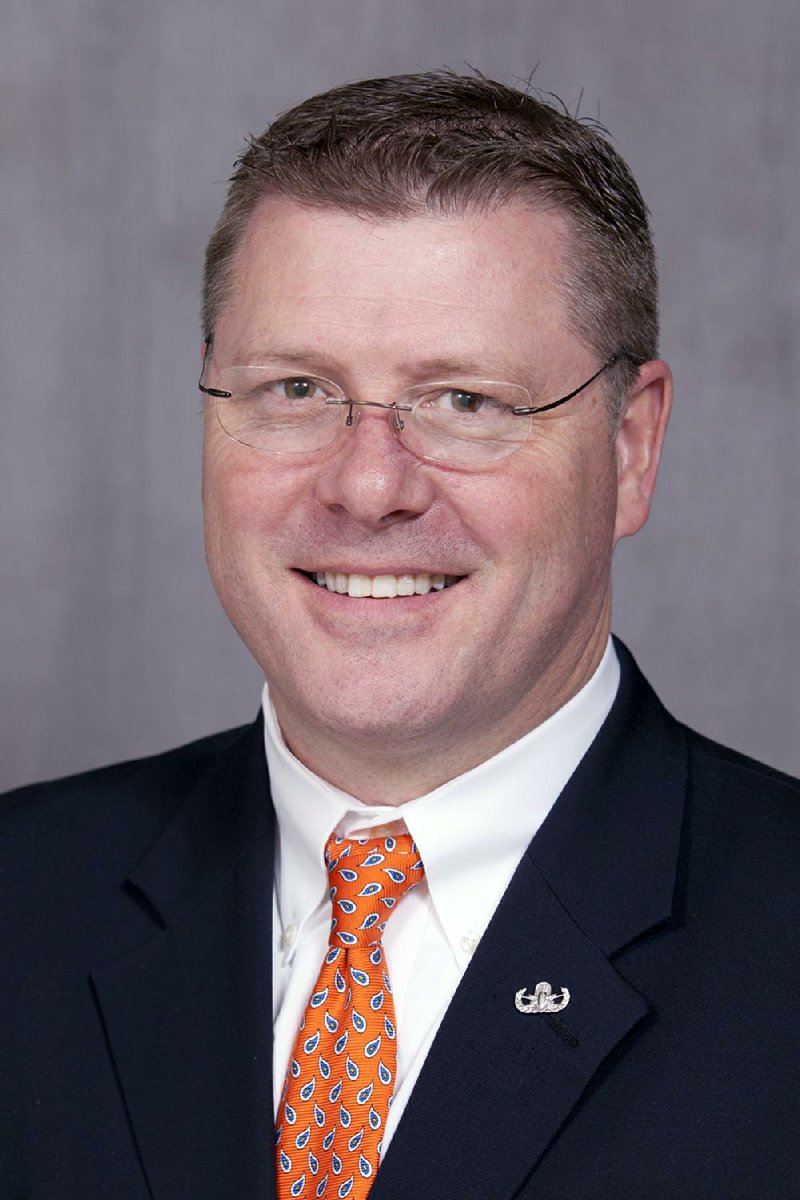WASHINGTON -- First District U.S. Rep. Rick Crawford, who wants to end Cold War restrictions on U.S.-Cuba commerce, says a trip to Havana has bolstered his belief that trade barriers should be eliminated.
The Jonesboro Republican returned from the Caribbean island April 9-11 after visiting with farmers, University of Havana agricultural experts and officials with the Cuban government.
Last week on Capitol Hill, his office organized a briefing for dozens of congressional staff members to share information about the size of the Cuban market and the effect of trade restrictions. A USA Rice Federation official was one of the panelists.
In an interview, Crawford said he is hopeful that Congress will pass legislation to end laws that place U.S. businesses at a disadvantage.
He called the trip a great experience.
"I think I probably had a preconceived notion of what the people would be like. I was all wrong. I kind of expected to run into somewhat of an ambivalence, maybe a little hostility [and] anti-American sentiment. [That] couldn't have been further from the truth," he said.
Instead he encountered "genuine warmth and hospitality. They ask you where you're from and you say America and they act so excited that you're there. You know, people really want American products and everywhere you look, you can see that that country is on the cusp of really some major, social, political, cultural and economic change," he said. "I think you're going to see some really astonishing results here in the next just few years."
Crawford made the trip along with U.S. Rep. Ralph Abraham, whose largely rural northeastern Louisiana district borders southern Arkansas.
Roughly 10 Arkansans and a half-dozen others accompanied them.
Mark Isbell, who grows 3,200 acres of rice in Lonoke County, said the bulk of the time was spent in Havana, but the delegation also visited an agriculture cooperative and spent time at a large open-air farmers market, watching people sell the fruits and vegetables they had grown. "Most of the vehicles there are '50s and '60s models" and business was brisk, he said.
"The whole area was constant movement, going in and out, back and forth," Isbell said.
It was an exciting time to visit, he said.
The country -- ruled by the Castro family for more than a half-century -- is in transition as the old leadership ages and new leadership prepares to emerge.
"I would say that there's an energy in the air where the people have begun to taste some new freedoms and it's up to us to decide how to foster that through engagement," he said. "I encourage every effort that moves us towards normalized trade there."
When the barriers are gone, there'll be plenty of demand for the rice Isbell grows, officials predict.
Cuba has 11.3 million inhabitants, but they consume seven times as much rice per capita as people in the United States.
"They do like rice and they like chicken. My district produces half of the U.S. rice crop and so it's important to us," Crawford said.
Cuba also has potential for Arkansas' poultry industry. "They're a huge consumer of [chicken] leg quarters. It's a great leg quarter market, a great opportunity for Arkansas poultry and rice. We can sure deliver that and meet the need there. So it's a huge opportunity not just for Arkansas but for the whole country," he said.
Trade restrictions haven't prevented goods from reaching Cuba. Instead, sales have shifted from American companies to entrepreneurs in Asia, Latin America and the European Union.
After trying to isolate Cuba economically for more than a half-century, "It's probably time to go ahead and move on," Crawford said.
The Arkansas congressman has introduced legislation that would allow American agriculture exporters to extend credit to nongovernmental purchasers in Cuba. U.S. Sen. John Boozman, R-Ark., also has introduced legislation that would lower trade barriers.
While critical of the Castro regime, Crawford believes the dynamics are shifting in Cuba. "The seeds of change are being sown aggressively right now and I think we're going to see that increase," he said.
SundayMonday Business on 04/18/2016

